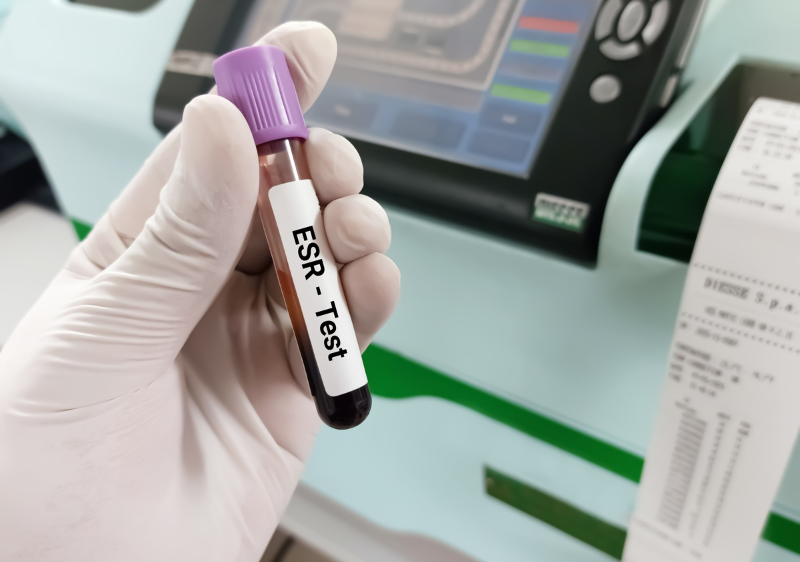Finding out you’re pregnant is the start of an incredible journey, but it also marks the beginning of what might feel like an endless series of appointments. Among the most frequent activities on your prenatal calendar? Blood tests.
While seeing a vial of blood (or five) leave your arm can be a bit daunting, these tests are actually some of the most powerful tools your care team has to keep you and your baby safe. Here is a simple guide to what’s being tested, when it happens, and—most importantly—why it matters.
Why Blood Tests Are So Important
Think of prenatal blood work as a “health baseline.” Many conditions that could affect a pregnancy—like certain infections or blood disorders—don’t always have obvious symptoms. By checking your blood, doctors can catch these early and create a personalized plan for your care.
Key Benefits:
- Early Intervention: Detecting issues like anemia or gestational diabetes early allows for easy management.
- Preventing Transmission: Screenings for infections mean doctors can take steps to prevent passing them to the baby.
- Peace of Mind: Many tests rule out potential complications, letting you focus on the excitement of your growing baby.
Trimester by Trimester: What to Expect
First Trimester (Weeks 1–12)
Aside from the routine labs above, you may be offered Genetic Screening.
- NIPT (Non-Invasive Prenatal Testing): This advanced test looks at fragments of the baby’s DNA floating in your blood. It screens for chromosomal conditions like Down syndrome and can even tell you the baby’s sex as early as 10 weeks.
Second Trimester (Weeks 13–27)
- Glucose Screening: Usually happening between weeks 24 and 28, this checks for gestational diabetes. You’ll drink a sugary solution and have your blood drawn an hour later to see how your body processes sugar.
- Quad Screen: A second chance to screen for genetic conditions if you missed the first-trimester window.
Third Trimester (Weeks 28–40)
- Repeat CBC: Doctors often re-check iron levels toward the end, as the baby’s demand for iron peaks right before birth.
- Antibody Re-screen: If you are Rh-negative, you’ll likely have one more blood draw before receiving your Rh-immune globulin shot.
A Note on Anxiety
It is completely normal to feel “poked and prodded.” If you have a fear of needles or feel lightheaded during draws, speak up! Your phlebotomist can have you lie down, or you can bring a pair of headphones to distract yourself with a podcast.
Pro Tip: Stay hydrated! Drinking plenty of water the morning of your test makes your veins easier to find and helps the process go much faster.
The Bottom Line
Every needle prick is a step toward a healthier delivery. These results aren’t meant to worry you; they are there to empower you and your doctor with the best information possible.




